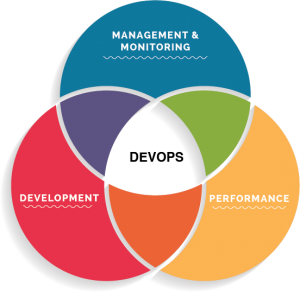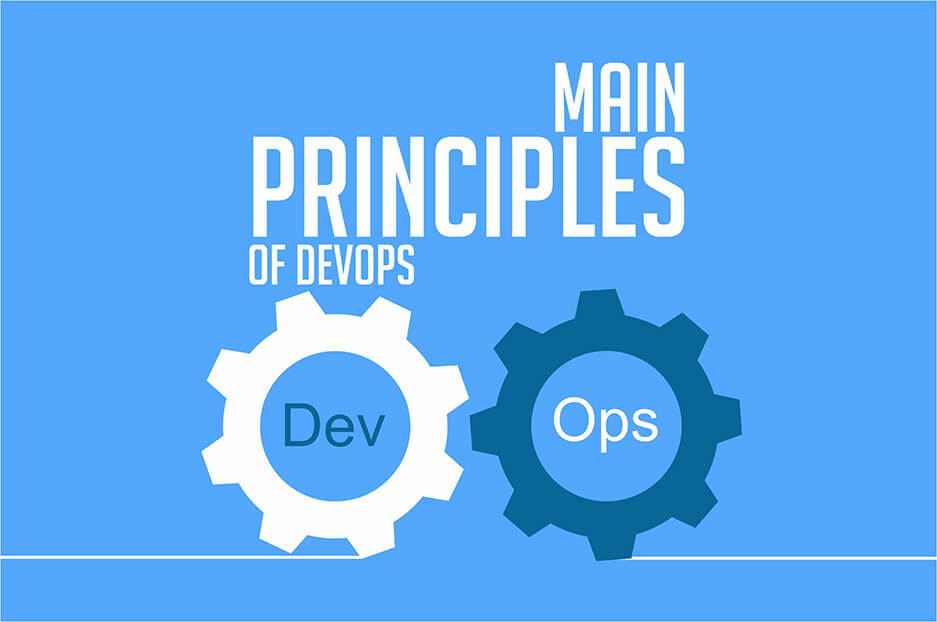3 core DevOps principles
While many companies worldwide want to implement DevOps practices in their workflows, they lack the understanding that DevOps is not about tools or skills. DevOps is all about culture, people interactions and core DevOps principles. IT Svit is an experienced DevOps provider https://itsvit.com/services/devops/ and today we will describe these concepts in more details.
DevOps culture
DevOps is an approach to software delivery and infrastructure management that emphasizes the efficiency of operations above all. This must be based on equal trust, communication and collaboration between the Devs and the ops engineers, as well as the rest of the team. Every issue and problem is not considered as someone’s fault.
It is merely a room for improvement and a chance to learn something new, share the knowledge and make sure the issue never repeats. This is the direct opposite of the practice of shoving the blame on someone else, which is, sadly but truly, the mainstream practice for many companies.
DevOps interactions: collaboration, not siloing
Many IT specialists have contradictory goals as compared to their colleagues. Devs need to deliver new features on time, meaning they introduce lots of changes, while Ops must ensure the production environment remains stable, so they want to minimize changes.

With the goals as contradictory as these, siloing of tasks, tools and responsibilities is quite common. Which means, people tend to stockpile their skills and expertise inside their department.
DevOps engineers thrive in the athmosphere of constant internal training and communication between the teams. Their responsibilities are much broader than what is required of common system administators, so they have to be able to do much more. They need to have decent expertise with coding, understanding of app architecture, usability and load balancing, so they must understand the front-end and back-end funcionality, etc., etc.
Such amount of specific knowledge cannot be obtained on itself. It requires intensive cooperation, collaboration and communication between different teams and departments. This is what DevOps is all about — molding the separate teams into a new, more skilled and productive form.
Core DevOps principles: CI/CD and IaC
There are 3 main DevOps architecture principles:
- IaC or Infrastructure as Code means that servers are provisioned, managed and deleted as cattle, not as pets. All the settings are stored in so-called manifests, which are simple textual files with declarative language that describe the state of your IT infrastructure. These manifests are used by Terraform and Kubernetes to operate the infrastructure in bulk, as opposed to managing each server individually — and they can be versioned just as any other code on GitHub.
- CI or Continuous Integration means that the main project code is kept in a neat trunk and new code is delivered in small batches, so there are no long project branches that bring multiple bugs upon merging. Each commit essentially becomes a new code release. In terms of customer feedback, CI means there are shorter feedback loops, as the feature development process is much shorter.
- CD or Continuous Delivery means the so-called pipelines are built using the tools like Jenkins, Ansible and Gitlab CI, so that all the routine operations (backing up the databases, provisioning new server environments, processing logs, etc.) are done by the toolchain, automatically. This saves a ton of time and effort and enables the CI and IaC DevOps flow principles.
Conclusions on 3 core DevOps principles
As you can see, there are three ways principles of DevOps are intertwined to empower your business. Building the right company culture, automating the routine work and reinvigorating the best DevOps principles and practices of collaboration helps forge a flexible, productive and cost-efficient team — what every business wants, isn’t it?



